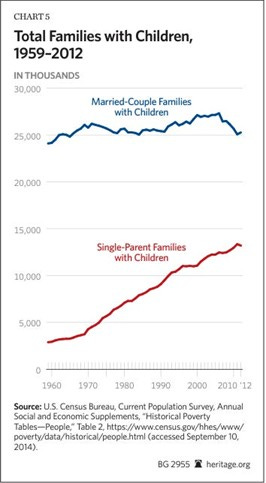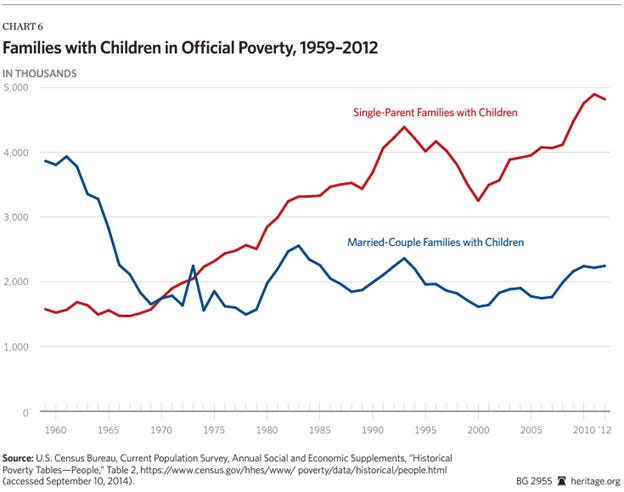I had a plan. Honestly, I did. I was going to work on Part III of my analysis of feminist complaints. It’s right here on my desktop. Well, you’ll have to believe me, but I swear it’s true. Something always seems to come along though, doesn’t it? “The best laid plans of…yada, yada, yada.” In any case, someone felt that they could dunk on me, and I really struggle with letting that sort of thing slide. I almost did though. Had it been more politely worded I likely would have but I just can’t abide rude people. Especially when they think they’re being smart when…well, I don’t want to be impolite. In any event, before I return to the topics I should be writing about, I’m going to indulge myself and reply to
and, in the process, attempt what William Paley said was impossible; I’m going to try to refute a sneer.Easy Approach
There’s an easy approach to this and a difficult one. Let’s get the easy approach out of the way first. As you can see from the quotation marks in my original post, this was not something I was arguing but rather a quote from a report by the Heritage foundation. More importantly though the phrase “most important cause of” indicates that there are other causes. No one is arguing that all poverty is caused by single parents raising children. See? Wasn’t that easy? That means a more detailed explanation for poverty can include the existence of “shitty low-paying jobs.”
Difficult Approach
The more difficult approach to refuting Joe’s sneer requires us to try to decipher what is, as I’m sure you’ll agree, not the most elaborate response. In effect, Joe says people are poor because they don’t earn enough money. Difficult to argue with that. Joe hasn’t explained why he thinks these jobs exist though. Is he anti-capitalist? Could be. Faith in communism, the usual anti-capitalist solution to societies’ woes, is on the rise today. The problem is that communism does a worse job of preventing poverty than capitalism. Putting aside the 100s of millions that it killed during the 20th century, it results in a lower quality of living for most citizens as these three measures show:
Life Expectancy:
In 1980, U.S. life expectancy was 73.7 years, compared to 67.6 years in the USSR.
Infant Mortality:
In the 1980s, the U.S. infant mortality rate was 11 deaths per 1,000 live births, while the USSR's rate was significantly higher, at 27 per 1,000.
Access to Food:
Food shortages were a persistent issue in the USSR, with long lines and rationing in many areas.
In the U.S., while food was abundant, malnutrition still existed among low-income groups.
Neither capitalism nor communism is perfect, but if I had to pick one, it would be the one in which I had a lower chance of dying at birth, lived an extra 6 years, and…oh ya, was free.
Of course, one needn’t go full communist to think the social safety net is flawed. In fact, 41% of American’s think more should be done for the poor. The generosity of the universal health care and social safety nets of Canada and the UK are often held up as something that America should aspire to. The argument is not without merit. Certainly not having to worry about going bankrupt because of medical expenses would be a good thing but it appears that the impact on poverty of the Canadian and UK approaches are, at best, questionable as the poverty rates show:
Canada - 7.4% (as of 2021, Market Basket Measure)
United States - 11.5% (2022, based on U.S. Census data)
United Kingdom - 13.4% (relative poverty, after housing costs)
Neither communism nor socialism eliminates poverty, and we’re still left with the “shitty, low-paying job” situation. The term “shitty-low-paying” is vague so let’s just focus on the “low-paying” part. Can we pay people more for these jobs? We could and in fact, raising the minimum wage is one of the most loved proposals of those on the left. The problem is that it fails at the basic economic level.
Companies are in the business of making money and so they don’t absorb new costs but instead either pass them on to consumers by raising prices or they cut costs by reducing headcount. Prices can only rise so much before people stop buying a product. I don’t know about you but I’m not paying $20 for a cup of coffee. To keep prices from rising too much, some people will lose their jobs when the minimum wage rises. What then do you do with the people who went from working a “shitty-low-paying job” to having no job?
How much do you raise the minimum wage? A common goal in the US is to raise it to $15 per hour. However, that doesn’t eliminate poverty since the living wage in the US is still higher. While it varies by state, it averages $23. If the proposal is for every job to make a livable wage then you’re proposing that people flipping burgers in Massachusetts earn $128,086 per year.
The reality is that nothing short of communism will fix the wage problem and that will only result in everyone being equally poor. As much as we might wish otherwise, low paying jobs are a reality of market economies.
This leaves us with the ultimate question, why are people working “shitty, low-paying jobs?” Do people choose this type of work when other options are available? Obviously not. People take these jobs because they have no other choice and there are numerous reasons for this, but the main reason is that they lack the education or training to do anything else. With this rather obvious insight we finally return to the original graph.
This does not say that people in single-parent families are doomed to poverty but rather that it is “is the most important cause of official child poverty.” This is obvious when you look at the following chart:
The two charts show:
Married-Couple Families with Children - Both the overall number and the number in official poverty is largely flat.
Single-Parent Families with Children – Both the overall number and the number living in poverty are rising.
Clearly single-parent families with children are having an increasing impact on poverty. One needn’t do a deep analysis to explain why. If there are two adults in a family both can work immediately doubling the family income.
This information is not new. In their 2009 book Creating an Opportunity Society, Ron Haskins and Isabel Sawhill analyzed pathways to economic stability and emphasized three key steps: “finishing high school, securing full-time employment, and delaying childbearing until after marriage.”
"Young adults who follow these three steps—graduate from high school, get a full-time job, and wait until marriage to have children—face only a 2% chance of being in poverty and a 74% chance of being in the middle class."
Conclusion
Poverty is a complicated subject. There are numerous reasons why someone might fall into poverty and “shitty low-paying jobs” is obviously a contributing factor. However, raising children alone is another one. The only reason that this obviously logical conclusion would be upsetting is that if you are ideologically predisposed to deny it. However, as the saying goes, “facts don’t care about your feelings.”
The point of my original posting was to provide something to think about. The point of this article is not to argue that society shouldn’t strive to do more to eliminate poverty or that that one factor explains poverty. No, the point of the article was to highlight the complexity of the topic, to show that having to raise children alone is a contributing factor to poverty, and to demonstrate that it is possible to disagree over political issues while remaining civil.
Let me conclude by offering a little advice; social media is a cesspool of trolls and people looking to start fights for no reason. One is given two options: take the high road and be polite, or the low road and wallow in the cesspool. Next time you feel like responding to someone remember what Nicepool from Deadpool vs Wolverine said:
“It costs nothing to be kind.”
And if you find that being polite is too hard, remember Wolverine’s response:
“Shutting the fuck up is also free.”









I worked a low-paying job in my youth (likely also considered "shitty" by outsiders, but I was grateful for the opportunity). The question becomes how do we solve the issue of people seemingly stuck in low wage work? I don't think people who care for the elderly in nursing homes should be paid so poorly, but who is going to pay them well? Are we, as a society, willing to turn over sizable portions of our annual income for that to happen? I think the rage and snark in these types of replies comes from the frustration of facing the reality that our society simply values, for example, watching grown men (and women) toss a round ball through a small, elevated hoop far more than it values the care and well-being of some of our fellow citizens. That is a tough mirror to face.
Those low paying jobs are intended to be for young people who are just getting started. There are tons of great jobs open right now. Just gotta want to work.